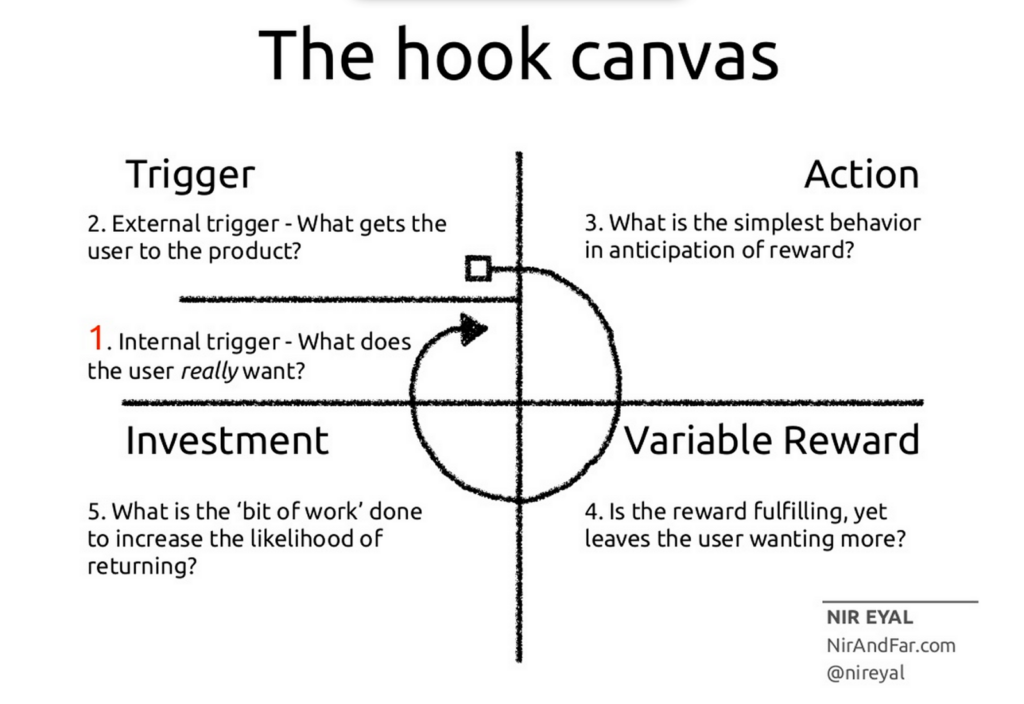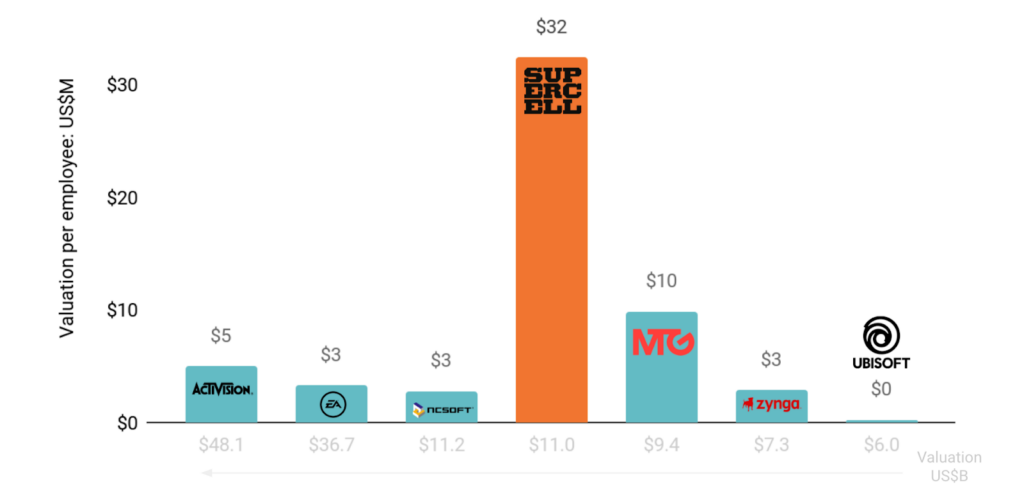The first book I ever read was The Brief History of Time by Stephen Hawking. I liked it so much that I re-read it 8 times. As a young boy, the book had made a lasting impression on me, making me fall in love with ideas such as the arrow of time, black holes, entropy, and Big Bang. Reading this book, you can’t help but open up to the spirit of science that pushes you to keep exploring the boundaries of knowledge, one hypothesis at a time.
I am very much a product of such thinking process. In fact, during one of my sabbaticals, I took up the goal to understand all of currently unsolved problems in physics. This required me to brush up on quantum mechanics, general relativity, cosmology, and standard model. It took some serious effort, but in the end, I’m glad I was able to rise up beyond the pop-science level of understanding of physics. By the end of my sabbatical, I was finally able to look at quantum mechanics equations and understand what they were about. ...





